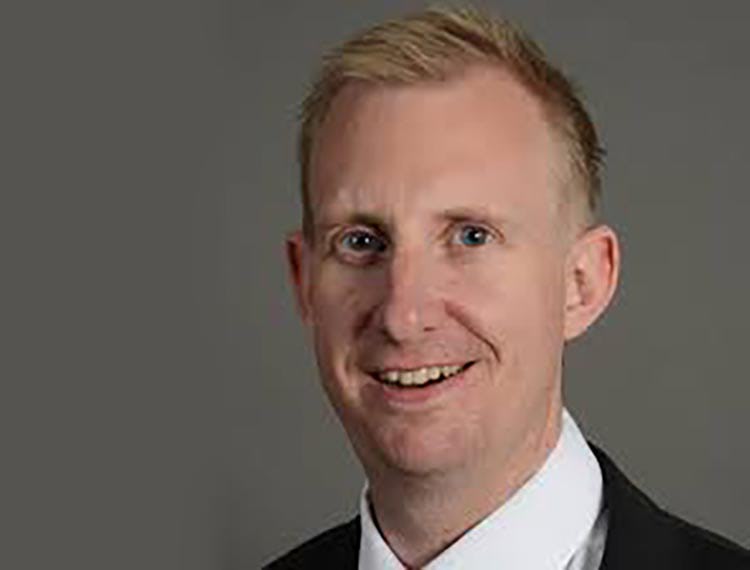Reflections on the Association of Colleges and the Education and Training Foundation’s Spring Policy Conference 2018

Last week, college principals and senior figures in the further education sector came together in Nottingham to explore and help shape key government policy and reflect on the big issues affecting the sector. The Association of Colleges (AoC) and the Education and Training Foundation’s (ETF) Spring Policy Conference, which took place at Nottingham University on 20 April, provides senior leaders with an annual opportunity to meet their colleagues, and consider sector-wide strategies for responding to policy.
The conference was also underpinned by the launch of The Voices of the Further Education Sector, a collection of articles by participants on the ETF’s Strategic Leadership Programme.
The day was opened by Philip Augar, Chair of the Government’s Post-18 Funding Review, who emphasised the track record of further education colleges in building vibrant communities. The review – which is expected to deliver in 2019 – will be evidence-based, and Mr Augar invited providers, students and employers to submit contributions.
David Hughes, Chief Executive of the Association of Colleges, spoke of the importance of providing educational opportunities for the 51% of young people who do not go to university and of the importance of investing in education and training for over-25s.
Higher education and the Post-18 Review was the subject of a panel discussion and open Q and A session. Opinions around the three-year residential degree model, the role of FE colleges in the delivery of higher education, the need for T levels to lead to higher technical qualifications, and the challenge of prejudices against FE sparked lively debate.
A focus on professional development during times of change
David Russell, the Chief Executive of the ETF, highlighted the importance of maintaining a focus on professional development during these times of change and challenge. He made a strong case for high quality CPD, drawing on research commissioned by the ETF, and presented the necessary factors to build a successful professional development programme.
Delegates discussed specific challenges for their colleges during roundtable discussions, including with representatives from DfE and Ofsted. T levels within the wider education system; preparing for Brexit; and how to develop great teachers and leaders – presented by myself and the ETF’s Head of Leadership and Management, Mike Harwood — were amongst the other topics.
Strategies for supporting mental health
Mental Health was high on the policy agenda with Stuart Rimmer, Principal of East Coast College, reporting on the progress colleges are making in supporting students’ wellbeing.
Dr Andrew Reeves of the Charlie Waller Memorial Trust, presented a resource for supporting construction students with mental health issues, developed in response to the high incidence of male suicide amongst construction workers, which is twice the national average. Mental Health continues to rightly rise up the education agenda.
The day ended with a visit to the AoC Sport National Championships 2018 where delegates watched some of the 1,730 students from 121 colleges taking part, and reflected on the benefits of sport in education.
Overall, it was a highly successful conference and whilst there are plenty of challenges and change in the sector, there is a clear feel that this is a period of opportunity – one which the leadership community is ready to meet.
Gary Phillips, Director of Professional Development at the Education and Training Foundation











Responses